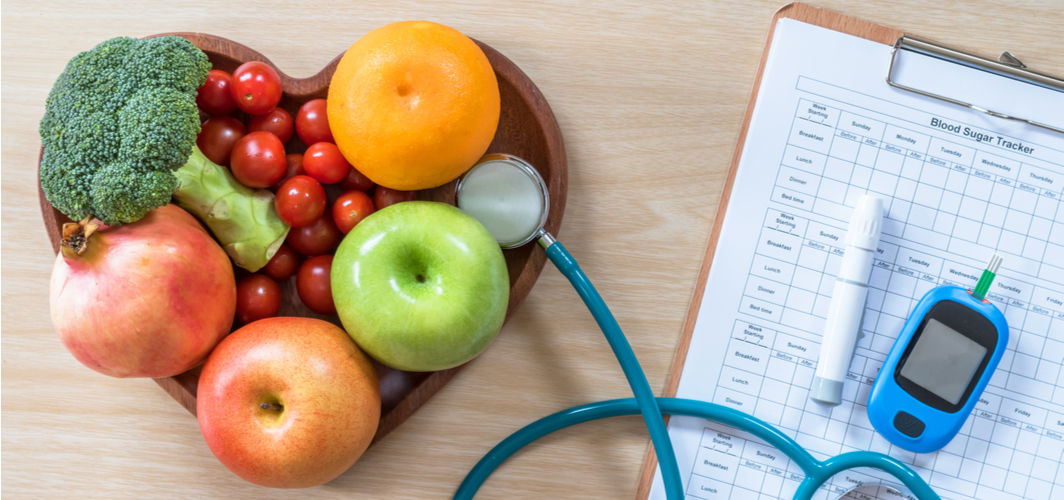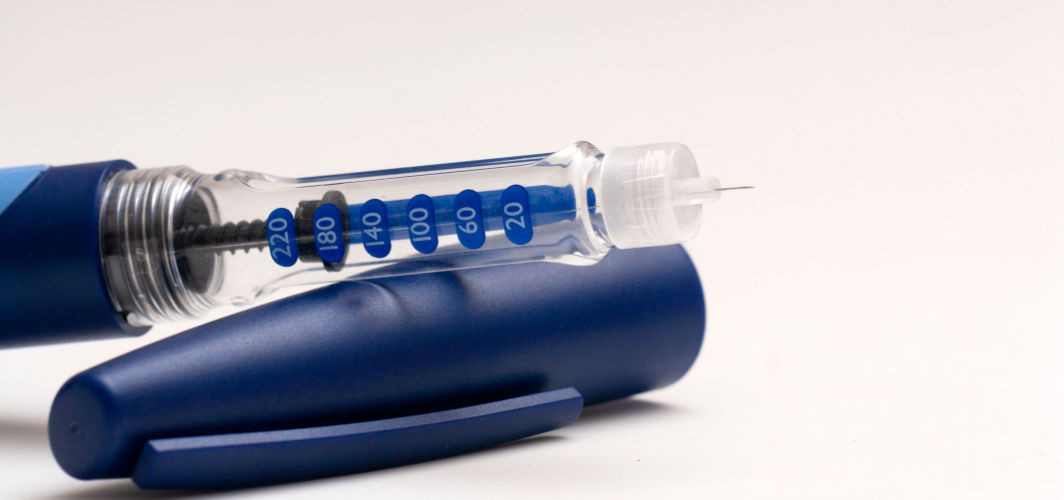Diabetes Management
Can Diabetes Cause Hormonal Imbalance?
2 min read
By Apollo 24|7, Published on - 08 October 2023
Share this article
0
0 like

Hormones are in charge of sending chemical signals to your organs, muscles, and other tissues through the blood to coordinate various bodily functions. They regulate a wide range of bodily functions, including metabolism, growth, immune responses, and mood. In this blog, we will explore the connection between hormones and diabetes.
Hormonal Imbalance in Diabetes
Multiple hormones work in sync to ensure the proper day-to-functioning of your body. Insulin, glucagon, cortisol, sex hormones and thyroid hormones are some of the hormones that get impacted in diabetes:
Insulin and Glucagon: The harmony between insulin and glucagon is necessary for maintaining stable blood sugar levels, but this balance gets disrupted in diabetes. In Type 1 diabetes, insulin deficiency leads to elevated blood sugar levels, while in Type 2 diabetes, insulin resistance prevents cells from responding adequately to insulin signals.
Cortisol: Stress can trigger hormonal imbalances in people with diabetes. Persistent stress can lead to elevated cortisol levels, which, in turn, can worsen insulin resistance and disrupt blood sugar control.
Sex Hormones: Diabetes can affect sex hormone levels, particularly in women. It can cause polycystic ovary syndrome (PCOS), insulin resistance, and irregular menstruation due to hormone imbalance. PCOS is more common in women with Type 2 diabetes.
Thyroid Hormones: Thyroid function can also be impacted by diabetes. Some individuals with diabetes may develop thyroid disorders, leading to either hyperthyroidism (an overactive thyroid) or hypothyroidism (an underactive thyroid), which can affect metabolism and overall health.
Management and Prevention
Managing diabetes effectively is crucial in preventing and mitigating hormonal imbalances. This includes:
- Consistent blood sugar monitoring
- Adhering to prescribed medications or insulin therapy
- Maintaining a balanced diet and a healthy weight
- Regular physical activity
- Stress management techniques, i.e. meditation and yoga
Conclusion
Understanding the connection between diabetes and hormones is essential to manage the condition better. Lifestyle choices, medications, and stress reduction can help individuals with diabetes to help restore hormonal balance and improve their overall well-being.
Diabetes Management
Consult Top Diabetologists
View AllLeave Comment
Recommended for you

Diabetes Management
Keeping an Eye on Diabetic Retinopathy
Diabetic retinopathy is a complication arising from uncontrolled blood sugar levels. The increased blood glucose levels damage the blood vessels in the retina. It progresses through stages: background retinopathy (micro-aneurysms), and proliferative retinopathy (abnormal blood vessel growth and vision loss). Regular screenings and lifestyle modifications can help prevent or manage diabetic retinopathy.

Diabetes Management
Explained: The Diabetes and Heart Disease Link
Can diabetes raise the risks of heart disease? Yes, diabetes can increase the risk of heart disease by affecting the blood vessels and promoting the buildup of plaque. Elevated blood sugar levels can damage the lining of blood vessels, leading to atherosclerosis. Additionally, diabetes is associated with other risk factors like high blood pressure and cholesterol levels, further contributing to heart disease risk.

Diabetes Management
What are the Factors that Influence Insulin Action?
Insulin action refers to the ability of insulin to regulate blood sugar levels and various metabolic processes in the body. Insulin action is influenced by factors like, your weight, physical activity, diet, hormones, medications, stress, sleep, age and genetics. Insulin sensitivity varies among individuals and can be affected by lifestyle and genetic predispositions. Maintaining a healthy lifestyle through diet, exercise, and stress management is essential for optimal insulin action and metabolic health.
Subscribe
Sign up for our free Health Library Daily Newsletter
Get doctor-approved health tips, news, and more.
Visual Stories

8 Fruits That are Incredibly Healthy for Diabetes
Tap to continue exploring
Recommended for you

Diabetes Management
Keeping an Eye on Diabetic Retinopathy
Diabetic retinopathy is a complication arising from uncontrolled blood sugar levels. The increased blood glucose levels damage the blood vessels in the retina. It progresses through stages: background retinopathy (micro-aneurysms), and proliferative retinopathy (abnormal blood vessel growth and vision loss). Regular screenings and lifestyle modifications can help prevent or manage diabetic retinopathy.

Diabetes Management
Explained: The Diabetes and Heart Disease Link
Can diabetes raise the risks of heart disease? Yes, diabetes can increase the risk of heart disease by affecting the blood vessels and promoting the buildup of plaque. Elevated blood sugar levels can damage the lining of blood vessels, leading to atherosclerosis. Additionally, diabetes is associated with other risk factors like high blood pressure and cholesterol levels, further contributing to heart disease risk.

Diabetes Management
What are the Factors that Influence Insulin Action?
Insulin action refers to the ability of insulin to regulate blood sugar levels and various metabolic processes in the body. Insulin action is influenced by factors like, your weight, physical activity, diet, hormones, medications, stress, sleep, age and genetics. Insulin sensitivity varies among individuals and can be affected by lifestyle and genetic predispositions. Maintaining a healthy lifestyle through diet, exercise, and stress management is essential for optimal insulin action and metabolic health.